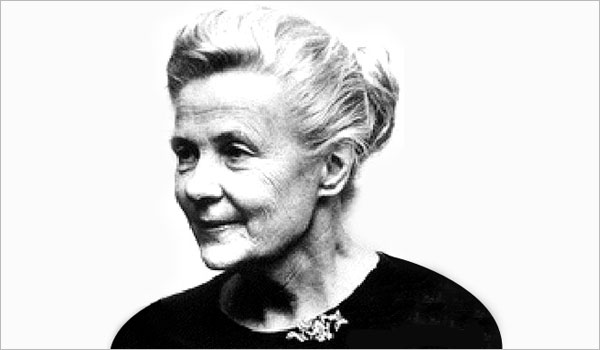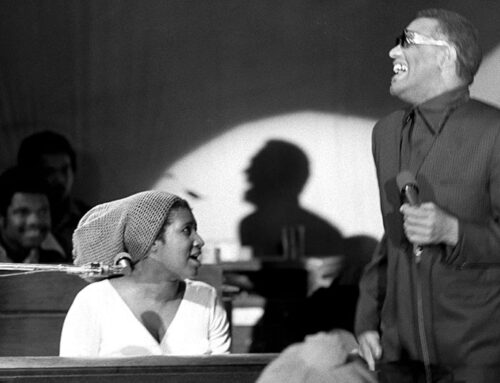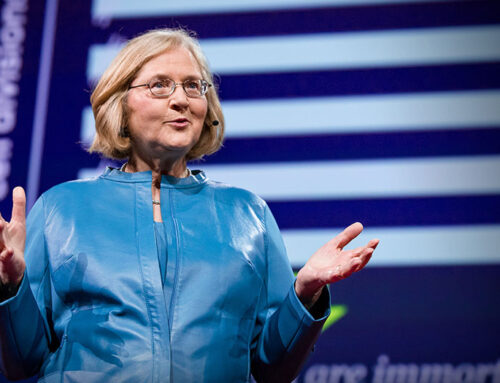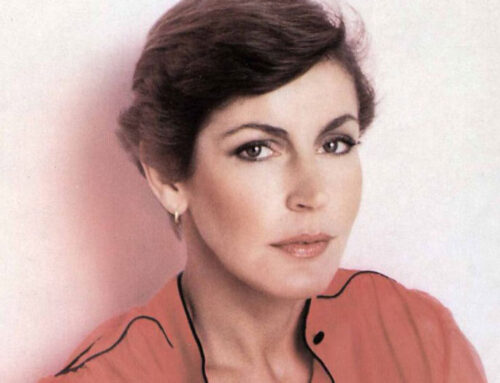Born in 1902 in Uppsala, Sweden, educator Alva Myrdal was one of the most influential social reformers of the 20th century.
She was highly critical of developments in the operation of preschools for children in Sweden, becoming director of the National Educational Seminar. She worked there herself training pre-school teachers to integrate the new discoveries in child psychology in education.
In the late 1940s Alva became involved in international issues with the United Nations appointing her head of its section on welfare policy in 1949. From 1950-55 she was director of the UNESCO Department of Social Sciences —the first woman to hold such prominent positions in the UN. Alva was also Sweden’s Ambassador to India, Burma, Nepal and Sri Lanka in the mid to late 1950s.
In 1962 she was elected to Parliament and named head of the Swedish delegation to the Geneva Disarmament Conference. During the negotiations she played an extremely active role, emerging as the leader of the non-aligned nations hoping to bring pressure to bear on the two super powers to show greater concern for disarmament measures.
Alva was awarded the Nobel Peace Prize in 1982 (together with Mexican diplomat Alfonso Garcia Robles) for her work in the disarmament movement.
She authored several books focusing on education, women’s rights, the role of the state in promoting human welfare, and campaigning for nuclear disarmament among the world’s superpowers.




